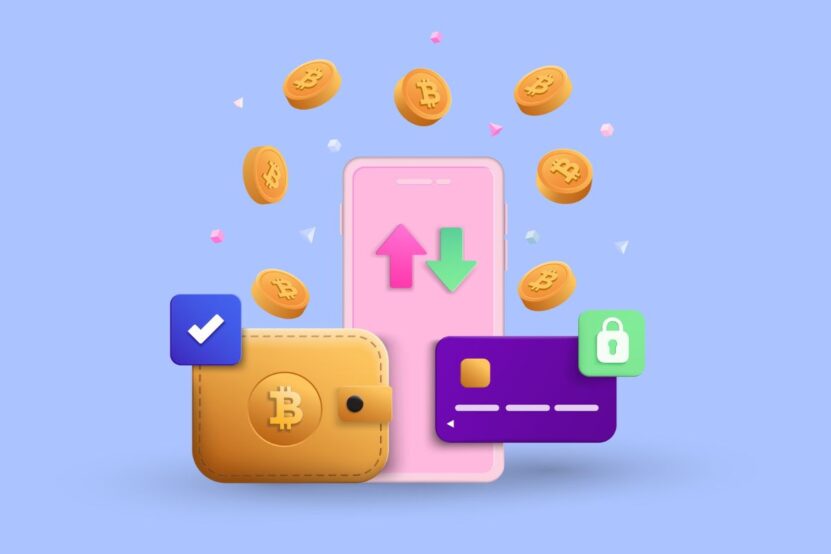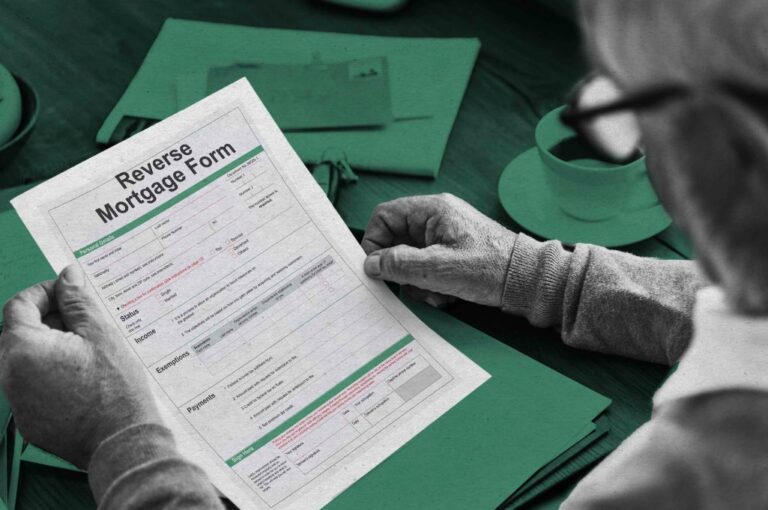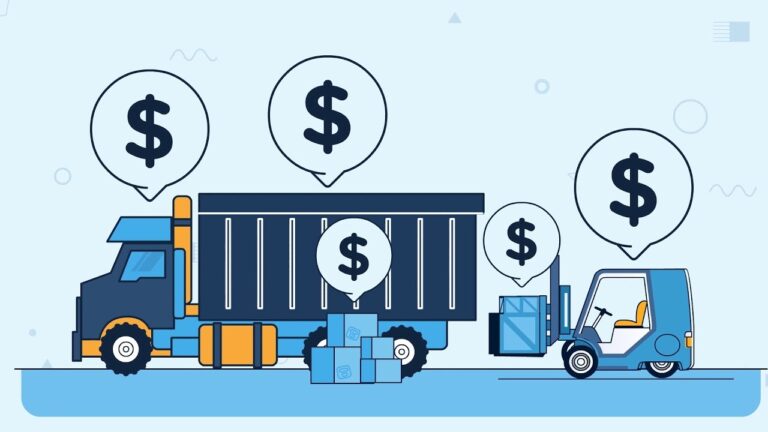In the evolving landscape of digital finance, cryptocurrency payments stand as a pivotal innovation. These digital currencies, unlike traditional fiat currencies, operate independently of central banks, harnessing blockchain technology to facilitate secure, decentralized transactions.
The increasing popularity of cryptocurrencies like Bitcoin, Ethereum, and others in online transactions is not just a trend; it’s a paradigm shift. This shift signifies a move towards a more globalized, digitally-focused economy, where financial transactions transcend physical and political boundaries, offering a level of financial autonomy and efficiency previously unattainable.
What is a Crypto Payment Gateway?

A crypto payment gateway is more than a digital tool; it’s a technological marvel that facilitates transactions using cryptocurrencies. Acting as an intermediary, it connects merchants with their customers, enabling businesses to accept a variety of cryptocurrencies as payment. This gateway not only simplifies the transaction process by converting digital currencies into traditional currencies and vice versa but also plays a crucial role in broadening the acceptance and usability of cryptocurrencies in mainstream commerce. It’s a key player in the journey of cryptocurrencies from niche digital tokens to widely accepted forms of payment.
The Key Components
The anatomy of a crypto payment gateway such as Cryptomus is complex yet fascinating, comprising several integral components that work in unison:
Transaction Gateway: This is the front line of the payment gateway, facilitating the connection between merchants and customers for processing transactions.
Wallet: A digital wallet is crucial, storing cryptocurrencies securely and acting as a personal ledger of transactions.
Conversion Service: It plays a pivotal role in converting cryptocurrencies into fiat currencies and vice versa, catering to the fluid nature of digital currencies’ value.
Security Protocols: These are the backbone of any crypto payment gateway, ensuring the safety and integrity of transactions from various cyber threats.
Each component is indispensable, collectively ensuring a seamless, secure, and efficient transaction process.
How Cryptocurrencies Work
At the core of cryptocurrencies lies blockchain technology, a groundbreaking approach to data management. This decentralized ledger records all transactions across a network of computers, ensuring unmatched security and transparency.
Each transaction added to the blockchain is verified and secured, making it nearly impossible to alter or hack. This technology not only underpins the functioning of cryptocurrencies but also offers a glimpse into a future where data integrity and security are paramount.
The decentralization aspect of blockchain is particularly revolutionary, as it distributes power away from centralized authorities and into the hands of the users, democratizing financial transactions in an unprecedented way.
Setting Up a Crypto Payment Gateway

Setting up a crypto payment gateway is a journey that involves several crucial steps:
Choosing a Provider: The first step is selecting a reliable and efficient gateway provider, which requires thorough research and understanding of different offerings in the market.
Integration: Once chosen, the gateway needs to be integrated into the business’s payment system, often requiring technical expertise.
Customization: Customizing the gateway to fit the specific needs of the business, including currency choices and conversion settings, is vital.
Security Measures: Implementing robust security measures to safeguard transactions is non-negotiable.
This setup is not just about enabling cryptocurrency transactions; it’s about embracing the future of digital finance and opening doors to a global customer base.
Accepting Cryptocurrency Payments
For businesses, accepting cryptocurrency payments means tapping into a new market segment. It involves integrating a crypto payment gateway into their payment systems, allowing customers to pay with their preferred cryptocurrency. This move not only caters to a growing demographic of crypto users but also positions the business as forward-thinking and adaptable to technological advancements. The benefits are multifaceted – from reduced transaction fees compared to traditional payment methods to faster transaction speeds and enhanced security.
Cryptocurrency Wallets

Cryptocurrency wallets are essential for both buyers and sellers in the crypto ecosystem. These digital wallets don’t just store cryptocurrencies; they act as personal banking books, recording all transactions. A wallet can be software-based (online, desktop, or mobile) or hardware-based, offering different levels of security and accessibility. For users, choosing the right wallet is crucial, as it ensures the safekeeping of their digital assets and smooth execution of transactions. For businesses, wallets are integral to processing and receiving cryptocurrency payments, necessitating a deep understanding of different wallet types and their functionalities.
Transaction Process
The process of a cryptocurrency transaction is a fascinating journey:
Initiation: A buyer initiates the transaction by sending cryptocurrency to the seller’s wallet address.
Verification: The transaction is then broadcasted to the blockchain network, where it is verified by network participants (miners).
Confirmation: Once verified, the transaction is added to the blockchain, confirming the transfer of cryptocurrency.
Completion: The seller receives the cryptocurrency, which can then be converted into fiat currency if desired.
This process, underpinned by blockchain technology, ensures transparency, security, and efficiency, making it a robust alternative to traditional payment methods.
Security Measures
Security in crypto payment gateways is multi-layered, involving various measures to protect against fraud and cyber threats. These include encryption protocols to safeguard transaction data, two-factor authentication for user accounts, and regular security audits to identify and address vulnerabilities. Additionally, the decentralized nature of blockchain adds an extra layer of security, as it distributes data across a network of computers, making it virtually tamper-proof. These security measures are not just technical necessities; they’re fundamental to building trust in the digital transaction ecosystem and ensuring user confidence.
Cryptocurrency Conversion

Conversion services are a critical aspect of crypto payment gateways, providing the functionality to convert cryptocurrencies into fiat currencies and vice versa. These services are vital in dealing with the volatility of cryptocurrency values, enabling real-time conversion at current market rates. This feature not only simplifies the transaction process for both merchants and consumers but also mitigates the risk associated with fluctuating cryptocurrency values, making digital transactions more palatable for businesses and consumers accustomed to traditional currencies.
Common Challenges
Despite the advantages, crypto payment transactions face challenges:
Volatility: The fluctuating value of cryptocurrencies can impact transactions.
Regulatory Uncertainty: Varying regulations across countries create a complex legal landscape.
Technical Barriers: The need for technical know-how can be a hurdle for some users and businesses.
Addressing these challenges requires staying informed about market trends, understanding regulatory changes, and seeking technical assistance when necessary.
Conclusion and Future of Crypto Payments
In conclusion, crypto payment gateways are redefining the landscape of digital transactions. They offer a secure, efficient, and innovative way to transact in the digital age. As these gateways become more user-friendly and regulatory frameworks evolve, the future looks bright for cryptocurrency payments. The potential for growth is immense, with new technologies and continued adoption paving the way for a more inclusive and decentralized financial system.







